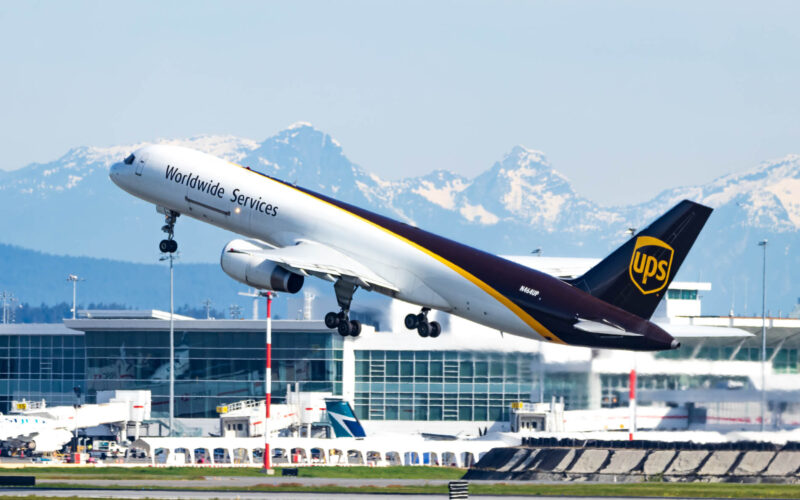On December 13, 2020, the first batches of COVID-19 vaccines arrived at Mirabel International Airport in Montreal, Canada.
“The first batch of doses of Pfizer-BioNTech’s COVID-19 vaccine have arrived in Canada,” Canada’s Prime Minister Justin Trudeau wrote on Twitter and shared a picture of a cargo plane used to transport the vaccine.
Canada received the initial 30,000 doses, which will be distributed over 14 sites across the country. On December 11, 2020, the vaccines took off from Belgium, where they were produced, and traveled to Germany and the United States to be divided and sent to different parts of Canada. Another shipment of 219,000 doses is expected to come by December 31, 2020.
The vaccines were flown into the country by the United Parcel Service (UPS). On December 12, 2020, UPS Canada shared pictures on Twitter of the Pfizer-BioNTech vaccine being processed in Cologne, Germany, before the flight to Canada.
The shipments of vaccines come in special boxes with thermal and location sensors. Pfizer’s vaccines must be kept at very low temperatures between minus 60 and 80 degrees Celsius until just before injection.
On December 9, 2020, Canada approved the vaccine and became the third country in the world to do so. The vaccination process in the country is expected to begin on December 14, 2020. Officials have said they expect to receive 6 million doses of Pfizer and Moderna vaccines before the end of March 2020, reported Reuters.
The arrival of vaccines is an important development that offers airlines a chance for recovery. In November 2020, Canada’s flag carrier Air Canada (ADH2) reported a loss of $526 million. The airline announced it will be downsizing its fleet in an effort to mitigate the losses. It is deferring some new aircraft deliveries and canceling orders for 10 Boeing 737 MAX and 12 Airbus A220 aircraft entirely.
Canada also had a resurgence of COVID-19 cases, so even with the arrival of the vaccine, the country’s borders might remain closed to non-essential travel for the rest of 2020.
The first vaccine shipments have arrived in the US too. In the neighboring country, FedEx and UPS will ship vaccines from distribution centers to every part of the country.

